Whiting Award Winners
Since 1985, the Foundation has supported creative writing through the Whiting Awards, which are given annually to ten emerging writers in fiction, nonfiction, poetry, and drama.
The shambles of the gods stretches for miles,
a salvage yard where the smell of hot chrome rises,
where finned bodies lie beached and rusting,
and their names recall great chiefs
and tribes and the empowering animals.
Thunderbird, Winnebago, Mustang, Pontiac –
you must say these names out loud. You must
strip the radios in which the myths survive.
Repeat: Wi-Yuh returns to abolish the custom of killing
the beasts for their names. Leave the road maps
on the dashboards. Learn the song of spawning fish.
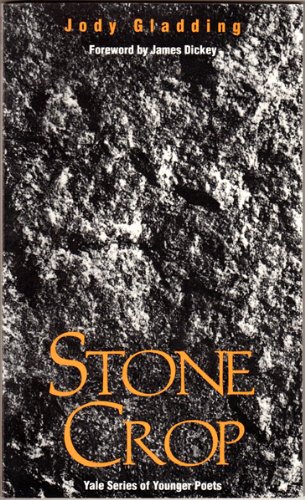
I told him about the nucleotides, the genetic test, the prognosis. I told him that atrophying of basal ganglia starts years before symptoms present, and that right now—in this car, in this moment—parts of my brain were dying, parts that I didn’t know I needed, but parts that I would never, never be able to get back. I told him that there wasn’t an emotion or an impulse or a stumble that I could completely trust; I told him that one day—if I let it—everything I did and said and thought would be nothing more than the entropic implosion of a condemned building or a dying star.
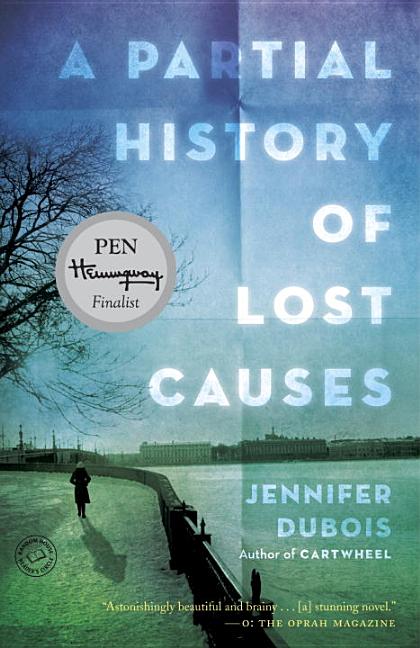
I think it was near one o’clock in the morning. Retching blood, Botho jerked his head back and forth, then lurched forward as though loosing his earthly form. This was followed by a sharp intake of breath, as though he was trying to suck it back in again. The bullet had lodged near his shoulder; it had not damaged his throat, and he could still utter, “I’ll pay the devil my soul twice over to watch you hang.” That sentence seemed to take an eternity to work its way through. I all but felt his grimace clamp down on my heart; blood bubbled along his lips.
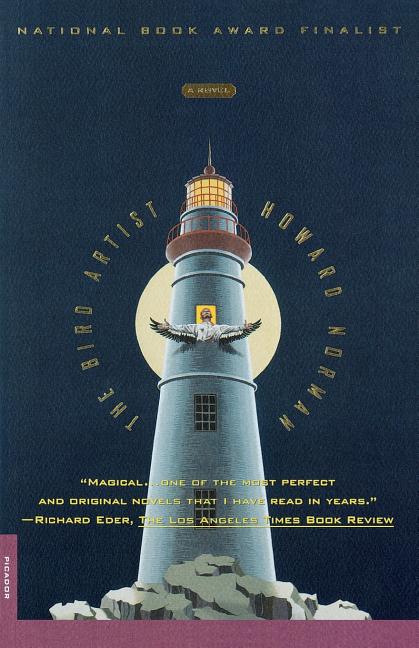
Boy now, man later; and all the story in between:
Yes breaking down to No, joy to pain.
Milk now, meat later; separation, fuse.
Swim the river rising and with patience take your aim.
Miss once, miss again; and your whole life seems a waste.
The target is yourself becoming brave.
Who soon, who later? – whatever happens next –
Someday you’ll lose us in the in-between.
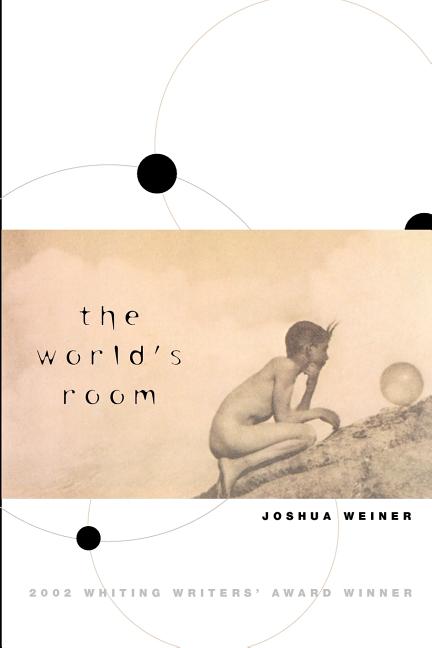
The ensuing inquiries found the girl to be a teenager, though she weighed only fifty-nine pounds and was only fifty-four inches tall. She was in much worse physical shape than at first suspected: she was incontinent, could not chew solid food and could hardly swallow, could not focus her eyes beyond twelve feet, and, according to some accounts, could not cry. She salivated constantly, spat indiscriminately. She had a ring of hard callus around her buttocks, and she had two nearly complete sets of teeth. Her hair was thin. She could not hop, skip, climb, or do anything requiring the full extension of her limbs. She showed no perception of hot or cold.
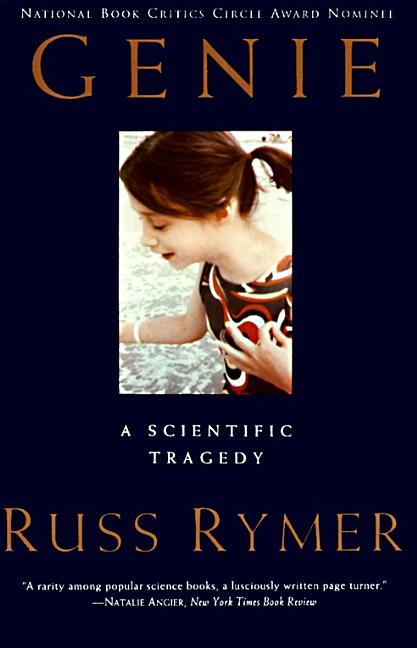
Am I sitting here amid boxes of chicken and snow-peas, beef and broccoli, gooey rice and the remnants of an eggroll dabbled in mustard and duck sauce, scribbling the thoughts of a madman? Or am I merely depraved? Are these the thoughts of a neurotic? A psychopath? Or am I just more honest than most? Smarter? Am I daring greatly? Or have I been cursed for violating a sacred trust older than Yoruba legend and Nippon lore? Am I the victim of the gods’ own jealous wrath? Eat of any tree in the garden, but you are damned if you eat of the fruit of the One Tree. Double-damned if you enjoy it. Triple-damned if you can’t get enough.
Damn.

The shambles of the gods stretches for miles,
a salvage yard where the smell of hot chrome rises,
where finned bodies lie beached and rusting,
and their names recall great chiefs
and tribes and the empowering animals.
Thunderbird, Winnebago, Mustang, Pontiac –
you must say these names out loud. You must
strip the radios in which the myths survive.
Repeat: Wi-Yuh returns to abolish the custom of killing
the beasts for their names. Leave the road maps
on the dashboards. Learn the song of spawning fish.

I told him about the nucleotides, the genetic test, the prognosis. I told him that atrophying of basal ganglia starts years before symptoms present, and that right now—in this car, in this moment—parts of my brain were dying, parts that I didn’t know I needed, but parts that I would never, never be able to get back. I told him that there wasn’t an emotion or an impulse or a stumble that I could completely trust; I told him that one day—if I let it—everything I did and said and thought would be nothing more than the entropic implosion of a condemned building or a dying star.

I think it was near one o’clock in the morning. Retching blood, Botho jerked his head back and forth, then lurched forward as though loosing his earthly form. This was followed by a sharp intake of breath, as though he was trying to suck it back in again. The bullet had lodged near his shoulder; it had not damaged his throat, and he could still utter, “I’ll pay the devil my soul twice over to watch you hang.” That sentence seemed to take an eternity to work its way through. I all but felt his grimace clamp down on my heart; blood bubbled along his lips.

Boy now, man later; and all the story in between:
Yes breaking down to No, joy to pain.
Milk now, meat later; separation, fuse.
Swim the river rising and with patience take your aim.
Miss once, miss again; and your whole life seems a waste.
The target is yourself becoming brave.
Who soon, who later? – whatever happens next –
Someday you’ll lose us in the in-between.

The ensuing inquiries found the girl to be a teenager, though she weighed only fifty-nine pounds and was only fifty-four inches tall. She was in much worse physical shape than at first suspected: she was incontinent, could not chew solid food and could hardly swallow, could not focus her eyes beyond twelve feet, and, according to some accounts, could not cry. She salivated constantly, spat indiscriminately. She had a ring of hard callus around her buttocks, and she had two nearly complete sets of teeth. Her hair was thin. She could not hop, skip, climb, or do anything requiring the full extension of her limbs. She showed no perception of hot or cold.

Am I sitting here amid boxes of chicken and snow-peas, beef and broccoli, gooey rice and the remnants of an eggroll dabbled in mustard and duck sauce, scribbling the thoughts of a madman? Or am I merely depraved? Are these the thoughts of a neurotic? A psychopath? Or am I just more honest than most? Smarter? Am I daring greatly? Or have I been cursed for violating a sacred trust older than Yoruba legend and Nippon lore? Am I the victim of the gods’ own jealous wrath? Eat of any tree in the garden, but you are damned if you eat of the fruit of the One Tree. Double-damned if you enjoy it. Triple-damned if you can’t get enough.
Damn.
